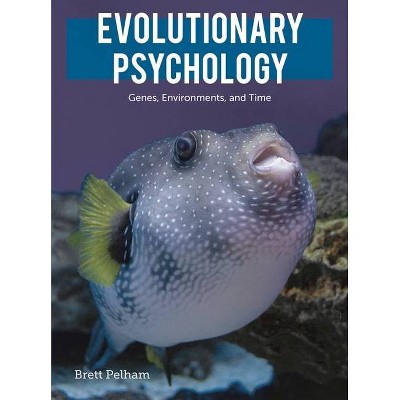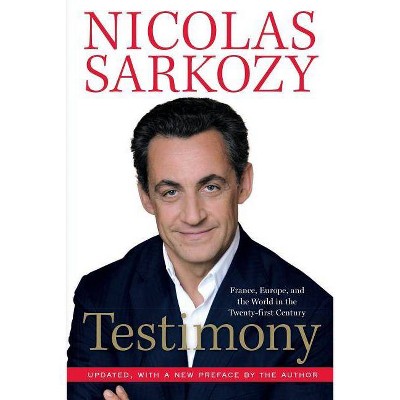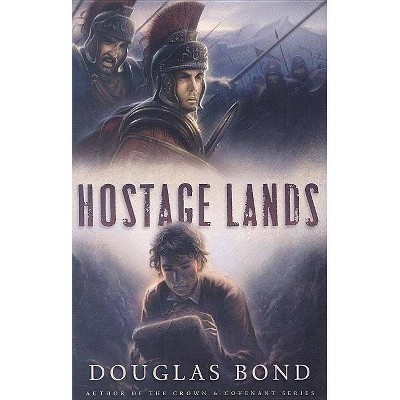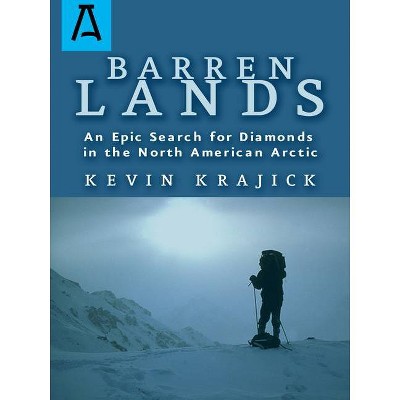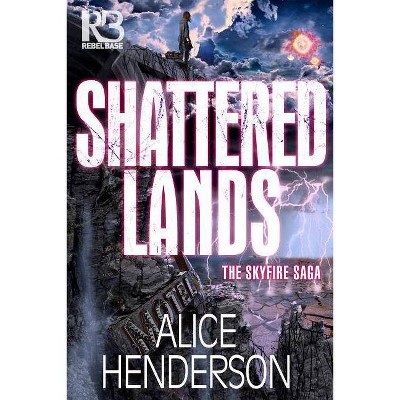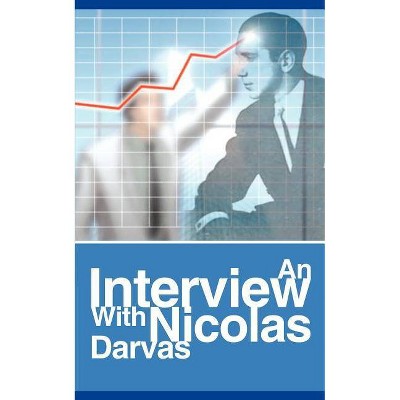Holy Lands - by Nicolas Pelham (Paperback)
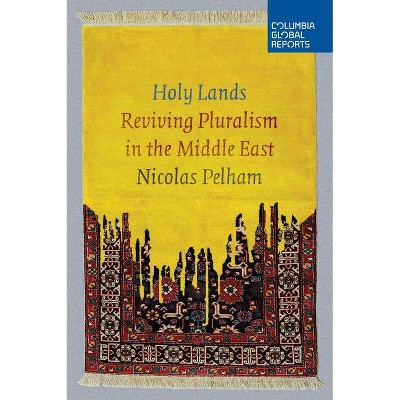
Similar Products
Products of same category from the store
AllProduct info
<p/><br></br><p><b> Book Synopsis </b></p></br></br><b>How did the world's most tolerant region become the least harmonious place on the planet?</b> <p/>The news from the Middle East these days is bad. Whatever hopes people may have for the region are being dashed over and over, in country after country. Nicolas Pelham, a veteran correspondent for <i>The Economist</i>, has seen much of the tragedy first hand, but in <i>Holy Lands</i> he presents a strikingly original and startlingly optimistic argument. <p/>The Middle East was notably more tolerant than Western Europe during the nineteenth century, because the Ottoman Empire permitted a high degree of religious pluralism and self-determination within its vast borders. European powers broke up the empire and tried to turn it into a collection of secular nation-states; it was a spectacular failure. Rulers turned religion into a force for nationalism and the result has been ever increasing sectarian violence. The solution, Pelham argues, is to accept the Middle East for the deeply religious region it is, and try to revive its tradition of pluralism. <p/><i>Holy Lands</i> is a work of vivid reportage--from Turkey and Iraq, Israel and Palestine, Abu Dhabi and Dubai, Bahrain and Jordan--that is animated by a big idea. It makes a region that is all too familiar from news reports feel fresh.<p/><br></br><p><b> Review Quotes </b></p></br></br><br>It is rare to come across a book on the region that charts a positive path for the future; rarer still to find one that advocates religious leadership and pragmatic communalism as the means for reaching peace.... [Pelham] makes a powerful case that a regional alliance of overlapping millets, not connected with territorial boundaries, offers a better vision for restoring stability to the Middle East than the current agendas for conflict management. <b>--Jonathan Steele, <i>The Guardian</i></b> <p/>A fine collection of essays--a rare combination of on-the-ground reportage and profound historical knowledge. <b>--Ian Black, <i>The Guardian</i></b> <p/>Can religion serve once again in the modern Middle East as the foundation for a meaningful pluralism as it did in the premodern Middle East? That is the question raised by this important book. <b>--Jonathan P. Berkey, <i>The American Interest</i></b> <p/>The reportage is well-grounded in textured life histories, interviews, and relevant historical narratives and statistics. Pelham offers impressively nuanced interpretations of entangled political rivalries and the hazy religious boundaries that crisscross the Middle East. Readers will find his investigation of the region's intolerance and aspirations for peace refreshing, particularly in the context of increasingly pessimistic headlines and political rhetoric. <b>--<i>Publishers Weekly</i></b> <p/>A sound, accessible argument for why returning to the mixed-faith communities living among each other in the Ottoman model might just save the Middle East.... Pelham does not see only doom but rather a resurgence of pluralism as a natural, human response given the chance for peaceable community. A lively, succinct, nonpolemical study that will offer much thought for discussion. <b>--<i>Kirkus Reviews</i>, starred review</b> <p/>This is a thoughtful response to the claim that the problems are insolvable or that the blame lies firmly on the doorstep of religious and ethnic strife. <b>--<i>Library Journal</i></b><br><p/><br></br><p><b> About the Author </b></p></br></br><b>Nicolas Pelham</b> has written about the Middle East since 1992. He began as the editor of <i>Middle East Times</i> from Cairo before joining the BBC Arabic Service. He covered the Algerian civil war and the caprice of Colonel Qaddafi as the BBC's correspondent in Rabat. In 2002 he joined the <i>Financial Times</i> reporting on the downfall of first Saddam Hussein and then the American protectorate in Baghdad. Since 2010, he has reported on the region's collapse for <i>The Economist</i> and <i>The New York Review of Books</i>. He is the author of two previous books, <i>A New Muslim Order</i> (2008) on Arab Shiite rule, and <i>A History of the Middle East</i> (2010) with Peter Mansfield. He lives in London with his wife and three children.
Price History
Cheapest price in the interval: 13.99 on November 8, 2021
Most expensive price in the interval: 13.99 on December 20, 2021
Price Archive shows prices from various stores, lets you see history and find the cheapest. There is no actual sale on the website. For all support, inquiry and suggestion messages communication@pricearchive.us
